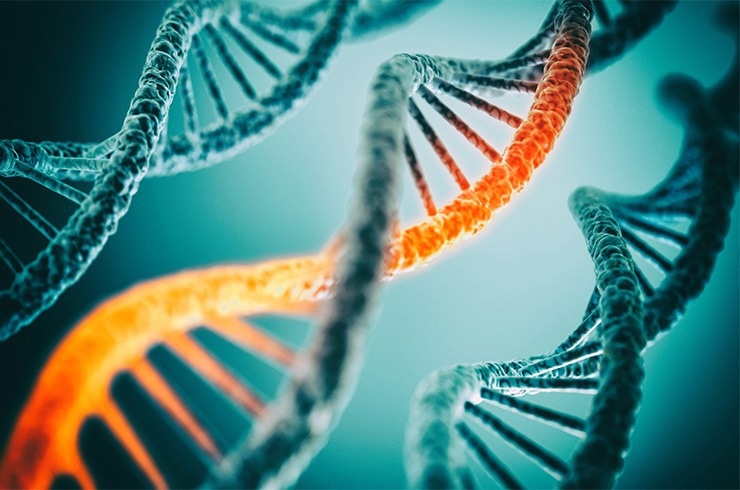The tumor suppressor protein p53 has been nicknamed the “guardian of the genome” because it safeguards the DNA from long-term damage or stress by controlling the expression of numerous genes involved in DNA repair, cell division, and cell death. FMI investigators have now narrowed in on some of the mechanisms that control p53 target gene activation.

Image Credit: Friedrich Miescher Institute for Biomedical Research
p53 aids in the prevention of tumor development by halting cells with mutated or damaged DNA from dividing. The protein functions as a transcription factor that can be quickly activated in response to different forms of cellular stress, resulting in the immediate activation of genes involved in DNA repair, cell division, and cell death.
Unlike most other transcription factors, p53 can attach closed chromatin, a tightly packed form of DNA and proteins that inhibit gene expression by blocking transcription factors’ access to the genome. However, it is unknown how p53 engages closed chromatin and opens it up to allow target genes to be activated.
Luke Isbel, a Schübeler lab postdoctoral fellow, and his co-workers evaluated how p53 attaches to DNA in mouse embryonic stem cells and human tissues. The protein binds tightly packed stretches of DNA in both the mouse and human genomes, but its potential to loosen chromatin and turn on genes is controlled by another protein known as Trim24.
Trim24 was discovered to be localized to p53 sites in closed chromatin by the investigators. In the absence of Trim24, p53 strongly activated approximately half of the 203 p53-regulated genes.
According to the investigators, the results indicate that Trim24 typically restricts p53 activity in closed chromatin. Because Trim24 levels are increased in breast cancer and other types of tumors, the researchers hypothesize that the protein may limit p53’s ability to function as a tumor suppressor in cancer cells.
Source:
Journal reference:
Isbel, L., et al. (2023). Readout of histone methylation by Trim24 locally restricts chromatin opening by p53. Nature Structural & Molecular Biology. doi.org/10.1038/s41594-023-01021-8.